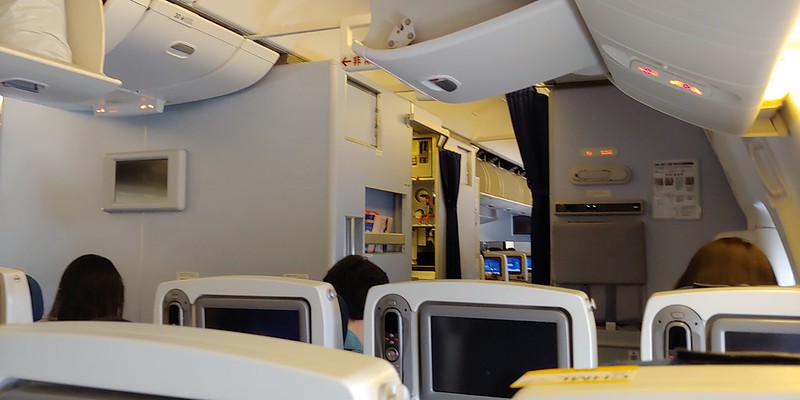
I often hear it from travelers especially to Japan…
“I booked my flight for ANA and it was United Airlines”
“I booked my flight with JAL and it was American Airlines”
And people sharing their anger on social media about codesharing and not getting the flight they wanted.
First, let’s discuss “codesharing” and what it is about:
A codeshare agreement, also known as codeshare, is a business arrangement, common in the aviation industry, in which two or more airlines publish and market the same flight under their own airline designator and flight number as part of their published timetable or schedule.

First, let’s discuss the benefits of codesharing.
Codesharing allows airlines to offer flights to destinations they don’t serve and people who use frequent flier points, this is a bonus, especially if they have multiple mileage club cards with different airline companies. Codesharing merges frequent flyer miles (note: Each carrier has their own set of rules).
I use codesharing for a lot for domestic flights, as well as flights from small areas to arrive to a major metropolitan airport and also departing that airport and returning back.
It’s a convenience of knowing that these days, you have more choices and knowing that you don’t have to take as many connecting flights. For domestic flights, especially those who live near an airport that is not a major airport, this is great!

But codesharing has also has its negative points.
For some, they are late for their flight because they waited, thinking they are riding a certain airline to find out it’s codeshared with another airline which is on the opposite side of the terminal. And this is bad because sometimes tickets from agents or tickets from a connecting airline may give you a ticket for an international flight with no terminal listed.
There have been a lot of complaints by travelers that they missed their flights due to codesharing.
The other thing is that if a person believes they are flying on a certain airline, they find out it’s actually another airline with shoddy service and a very old plane.

Earlier during my travel experiences, I also had experience where I thought I was flying on the airline I really wanted but found out it was codeshared.
I’ve had experiences where I thought by codesharing, it was always significantly cheaper than riding the actual airline I wanted.
But personally, I found no benefit to codesharing, nor was it “significantly” cheaper.
One time I went to Japan, I booked with ANA, thinking I was riding ANA, known for its great service. Well, it turned out I was riding United Airlines.
And while the flight wasn’t so bad flying to Japan, the flight back was on an older plane with video screens that didn’t work. And for me, that’s tough, because I can’t sleep on a flight. The airplane looked old and the food and service wasn’t all that great.

So, how do I avoid Codesharing?
I tend to deal with travel services now rather than online booking. I thought I was saving a ton of money by purchasing my tickets online and at times, you can find good deals, but with an agent, I get the seats I want and I get the flight I want and if there are any problems, I’m often notified of changes and rescheduling.
But when I talk to them, I tell them straight out, I do not want to codeshare and they respect that and find the best price and sure enough, I haven’t had a problem.
But when you purchase online, the information must be disclosed to you that the tickets are “operated by…”.
An example is the following Japan Airlines (JAL) flight. I love flying JAL and some people may not understand that if they codeshare, they will be flying via American Airlines. It’s very important to look if the flight is “Codeshared” and who it is “Operated by”.
Sometimes you see a great deal with “Excellent Flight” and you try to jump on it. Missing the print that it is “Operated by” another airline. I’ve made this mistake before and learned from it!
Now, I’m not going to say that all codesharing flights are bad experiences. There are travelers who are just fine as long as its codeshared with a major reputable company and that’s all that matters.
But for me, codesharing is fine domestically, for international flights, I personally avoid it.
